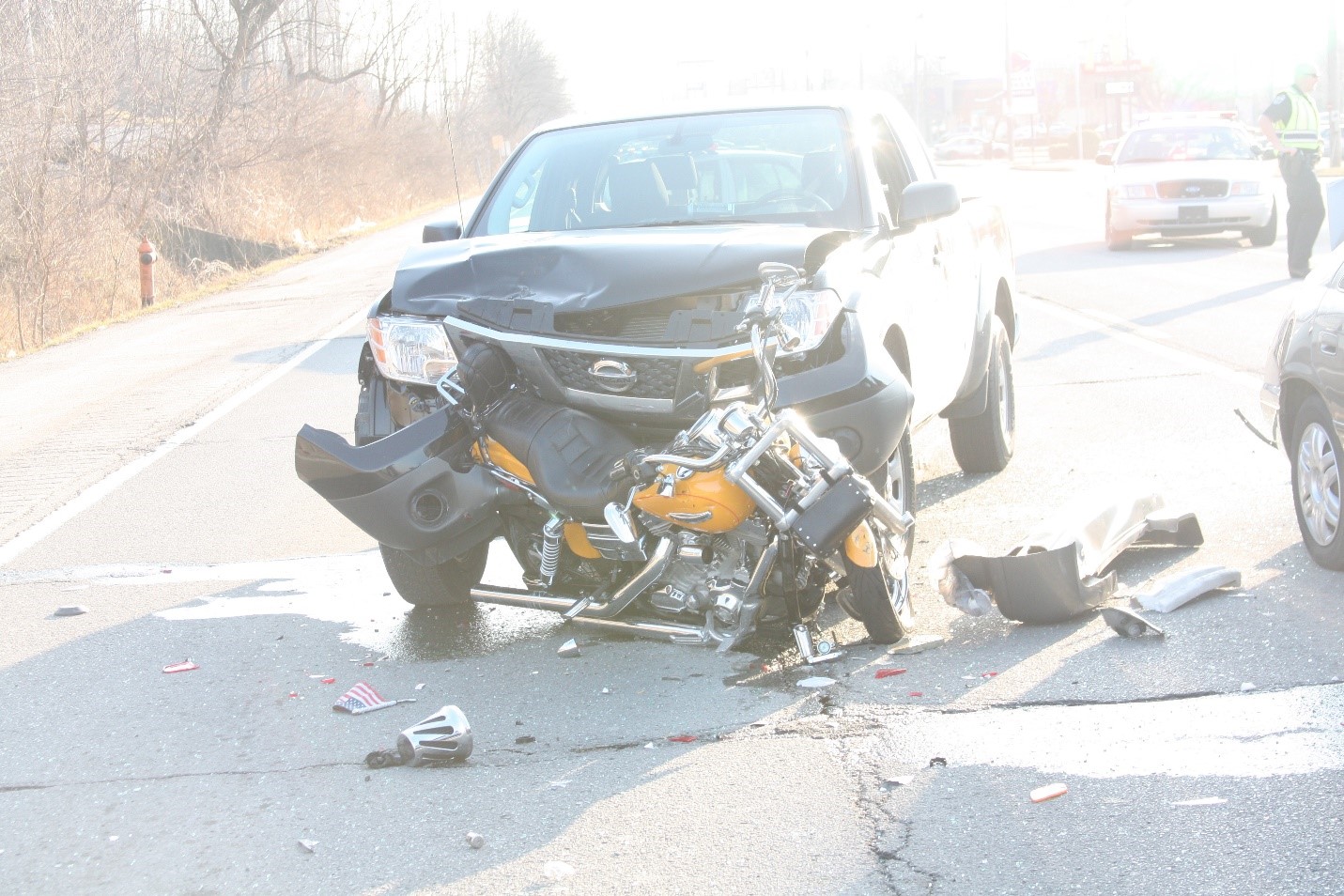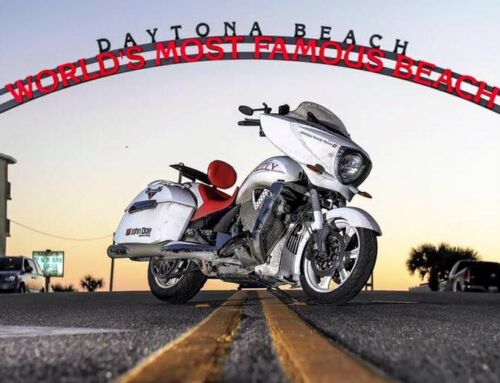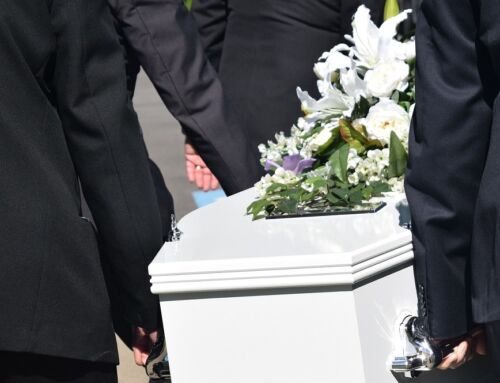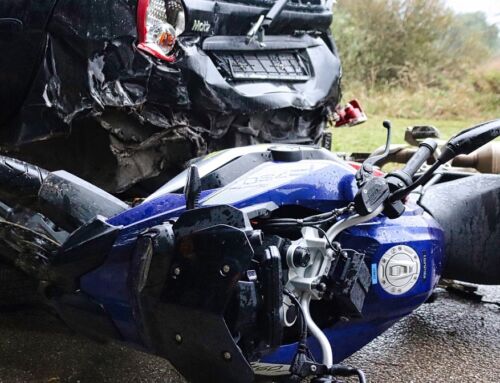Riding motorcycles has a significant risk that people should be made aware of. If someone is riding a motorcycle without a helmet on and gets into an accident, they have the risk of developing a traumatic brain injury (TBI). TBI’s can range anywhere from severe to mild and have different symptoms and long-term effects depending on the severity.
A TBI can occur when a person’s head suddenly and violently hits something, or an object pierces the skull and hits brain tissue. A mild TBI can have a very different impact than a severe TBI, and generally has different consequences.
A mild TBI most commonly occurs in the form of a concussion when a person’s head is hit in a sudden and violent way that causes that person to lose consciousness for a few seconds or a couple minutes. This can result in headaches, nausea, dizziness, and fatigue. A mild TBI can occur during a car accident or a motorcycle accident and may still occur if a person is wearing a helmet. But, if a person is wearing a helmet and taking steps to ensure their safety, a mild TBI is most likely the worst thing that would happen in the event of a motorcycle accident.
However, if a person does not wear a helmet and does not take other safety precautions, a severe TBI may occur in the event of a motorcycle accident. A severe TBI can have significantly more consequences and symptoms. Some of these include losing consciousness for hours, or even days, falling into a coma, persistent nausea or headache, convulsions or seizures, and slurred speech. By not wearing a helmet, a person could develop a severe TBI if they get into a motorcycle accident.
Wearing a helmet is important. Indiana law does not require a helmet for anyone over the age of 18 and anyone who does not have a learner’s permit. However, in order to reduce the chances of developing a TBI after a motorcycle accident, a helmet is very important. It keeps you safe, and can protect you in the event you are involved in a motorcycle accident.





